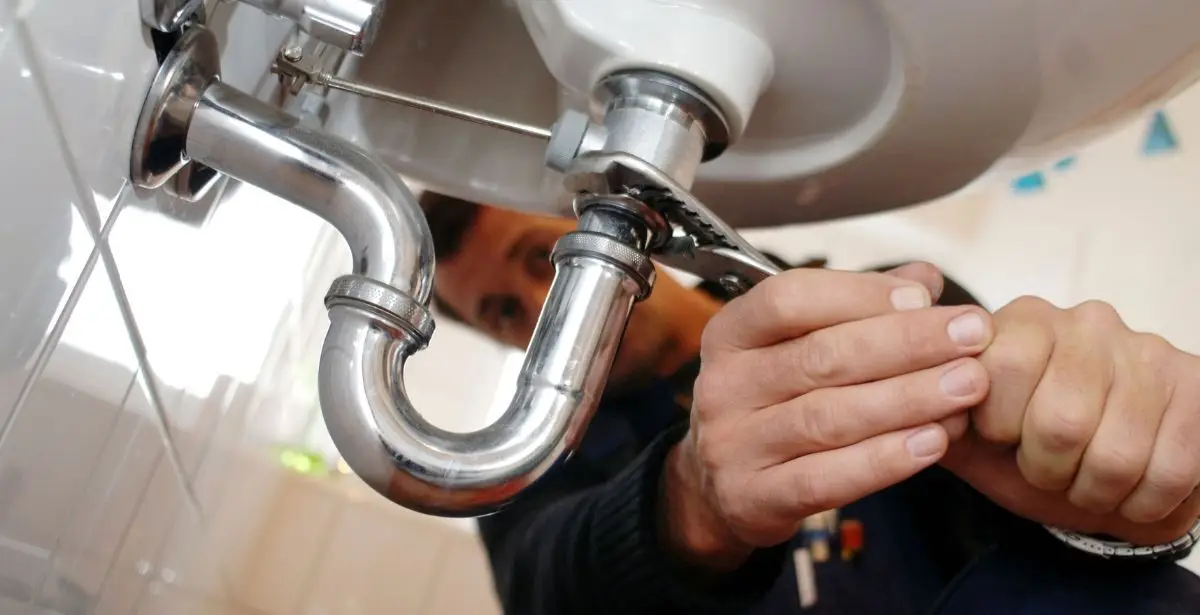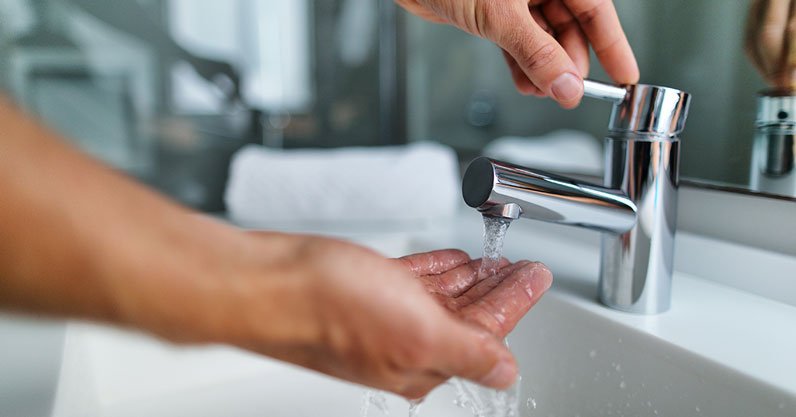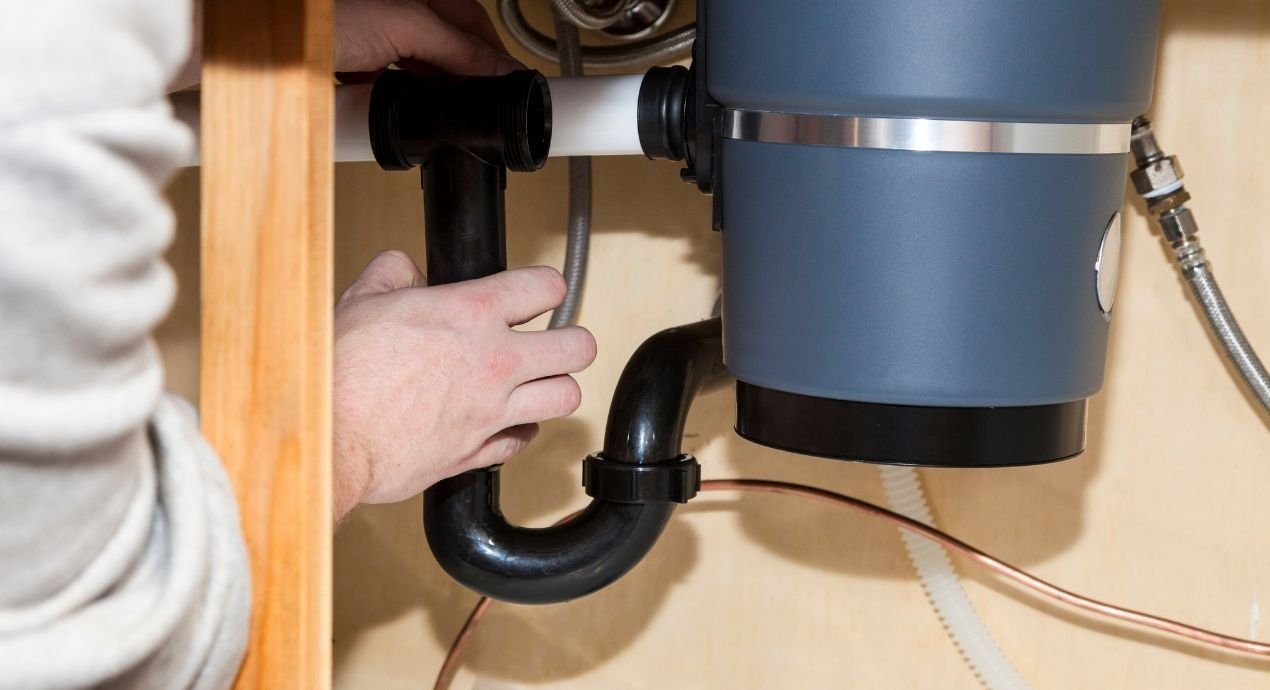DIY home repairs can be empowering, offering a sense of accomplishment and saving money. However, when it comes to plumbing, the risks can often outweigh the benefits. While it may be tempting to handle a plumbing issue on your own, DIY plumbing can lead to severe consequences if mistakes are made.
Understanding when to call a professional plumber is crucial to avoiding costly repairs, health hazards, and even legal issues.
In this article, we’ll explore the risks of DIY plumbing, the scenarios that require professional help, and why calling a licensed plumber is often the best course of action.
Table of Contents
ToggleThe Risks of DIY Plumbing
1. Incorrect Diagnoses Lead to Bigger Problems
One of the biggest challenges with DIY plumbing is misdiagnosing the problem. Plumbing systems are complex, and what may seem like a simple issue can often be a symptom of a larger, more serious problem. For example, a leaky faucet might indicate pressure issues or deteriorating pipes. Without proper training, it’s easy to overlook these signs, which can lead to bigger, costlier issues down the line.
Example: A homeowner might try to fix a leak in a pipe by tightening connections or using sealants, only to find out later that the real issue was corrosion or a hidden blockage in the pipe. By not addressing the root cause, they risk causing further damage.
2. Use of Improper Materials and Tools
Professional plumbers have access to specialized tools and materials designed for various plumbing repairs. Homeowners trying to perform a DIY fix may not have the right equipment and may substitute improper materials, leading to temporary or inadequate solutions.
Example: A common mistake is using the wrong type of pipe or connector. Different materials, like copper, PVC, or PEX, have unique installation processes, and using incompatible materials can cause leaks or even contaminate your water supply.
3. Potential Water Damage
Water damage is one of the most costly risks of improper DIY plumbing. Even a small mistake can result in significant water leaks, which can cause structural damage, mold growth, and the destruction of personal belongings.
Example: A simple error in tightening or sealing pipes could result in hidden leaks behind walls or under floors. Over time, this unnoticed leak can cause wood rot, damage insulation, and lead to mold, which can be difficult and expensive to repair.
4. Voiding Warranties and Home Insurance Coverage
Many plumbing fixtures, appliances, and components come with warranties that require professional installation or repair to remain valid. Attempting to fix these issues yourself can void warranties, leaving you responsible for the full cost of replacement or repair. Additionally, some home insurance policies may not cover damage caused by improper DIY repairs.
Example: Installing a new water heater might seem straightforward, but if not done by a licensed plumber, it can void both the warranty on the unit and potentially compromise insurance claims if something goes wrong.
5. Health and Safety Risks
Beyond property damage, DIY plumbing can pose significant health and safety risks. Improper handling of sewage, exposure to dangerous materials like asbestos in older pipes, or even risk of electrocution if plumbing work is done near electrical lines can put you and your family in danger.
Example: Working on pipes connected to the sewer can expose you to harmful bacteria, viruses, and pathogens if you don’t have the proper protective gear and knowledge. Additionally, a mismanaged leak near electrical wiring can result in short circuits, fires, or electrocution hazards.
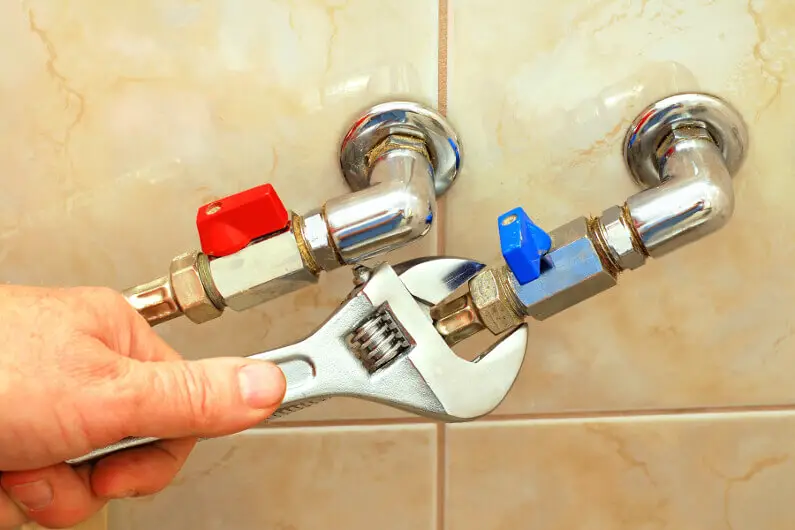
When to Call a Professional Plumber?
While some minor plumbing issues like unclogging a simple drain or tightening a loose faucet may be handled safely, there are many situations where professional expertise is essential. Here are key scenarios where calling a professional plumber is necessary:
1. Water Heater Issues
Water heaters are complicated appliances, and attempting to repair or replace one without professional knowledge can lead to dangerous gas leaks, incorrect pressure levels, or even explosions. A licensed plumber will ensure the unit is safely installed and meets all local building codes.
2. Sewer Line Problems
Sewer line issues are not only messy but can also lead to severe health risks and costly repairs if mishandled. A professional plumber can diagnose whether the issue is caused by a blockage, root infiltration, or a break in the sewer line and apply the appropriate repair.
3. Burst Pipes
If a pipe bursts in your home, it can cause immediate and extensive damage. Turning off the main water supply is only the first step. Fixing the burst pipe requires expertise in cutting, replacing, and sealing pipes, and determining if any other parts of the system were compromised.
4. Major Drain Clogs
While minor clogs can sometimes be handled with a plunger or over-the-counter drain cleaner, major or recurring clogs often indicate a deeper issue in the plumbing system. Professionals use specialized equipment like augers, cameras, and hydro-jetting to clear clogs safely and effectively.
5. Low Water Pressure
Low water pressure can be caused by a number of factors, such as leaks, pipe corrosion, or blockages. A professional plumber can determine the cause and address it without causing additional damage to your plumbing system.
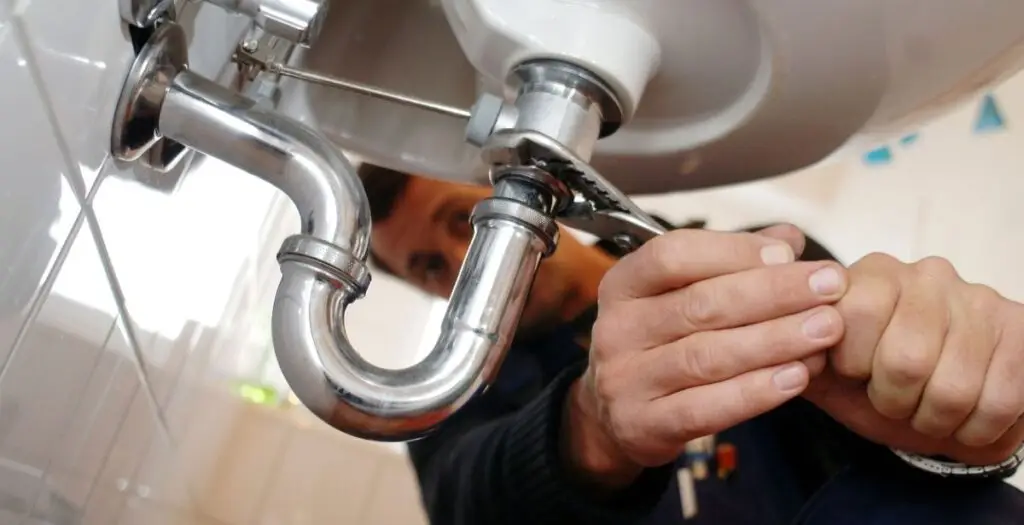
Why Professional Plumbing Services Are Worth It?
While it may be tempting to save money with DIY repairs, professional plumbing services provide several key benefits that far outweigh the risks of doing it yourself:
- Expertise: Licensed plumbers have the training and experience to accurately diagnose and fix plumbing problems, saving you time and frustration.
- Proper Tools: Professionals use advanced tools that most homeowners don’t have access to, ensuring that the job is done quickly and effectively.
- Safety and Compliance: Professional plumbers are aware of local building codes and safety regulations, ensuring your home stays up to standard.
- Peace of Mind: A job done by a professional comes with warranties and guarantees, giving you peace of mind that the repair will last.
Conclusion
DIY plumbing can be risky, potentially leading to costly mistakes, safety hazards, and even voided warranties. By understanding the risks and recognizing when to call a professional, homeowners can avoid unnecessary damage and ensure their plumbing systems remain in good condition.
If you’re dealing with a plumbing issue that’s beyond your expertise, it’s always best to call a licensed professional plumber like those at Dr. House Inc. With their knowledge, tools, and experience, you can rest assured that your plumbing will be in good hands.

